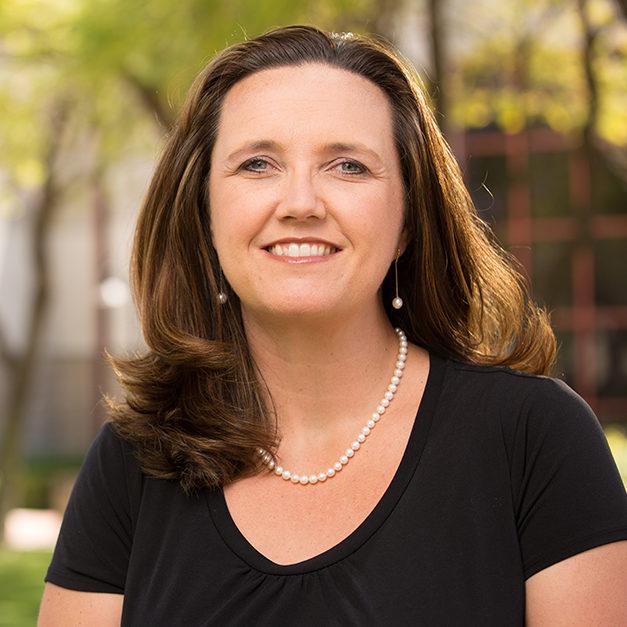Dr. Tiffany Berry is a Research Associate Professor at Claremont Graduate University (CGU), Associate Director of the Claremont Evaluation Center (CEC), and a practicing educational evaluator. As a faculty member in the School of Social Science, Policy, and Evaluation at CGU, Dr. Berry regularly teaches graduate seminars related program evaluation (Evaluation Procedures, Evaluation Practicum), developmental psychology (Applied Developmental Psychology), as well as courses that bridge both disciplines (Evaluating Developmental Interventions). She has an active lab filled with MA and doctoral students who are interested in understanding positive youth development in practice. She has chaired or co-chaired 12 students’ dissertations, and supported the academic development of countless others.
As an external evaluator, Dr. Berry specializes in conducting developmentally sensitive program evaluations that are responsive to the needs of program stakeholders, participants, and funders. She evaluates a variety of programs (early childhood education, youth development, college readiness, etc.), although she spends the majority of her time working with after-school programs dedicated to improving the developmental trajectory of at-risk youth. Since joining CGU in 2004, she has secured over $3 million in external funding, published over 70 technical evaluation reports, and produced multiple publications in leading evaluation (American Journal of Evaluation and New Directions for Evaluation) and youth development journals (Journal of Early Adolescence). She actively participates in professional associations and is dedicated to training and mentoring the next generation of evaluators; she often uses evaluation projects as experiential training opportunities for budding evaluators. Throughout all of her work, Dr. Berry is dedicated to bridging the gap between basic and applied research by conducting evaluations that not only continuously drive local program improvement, but also inform important theoretical issues within the field of positive youth development.





